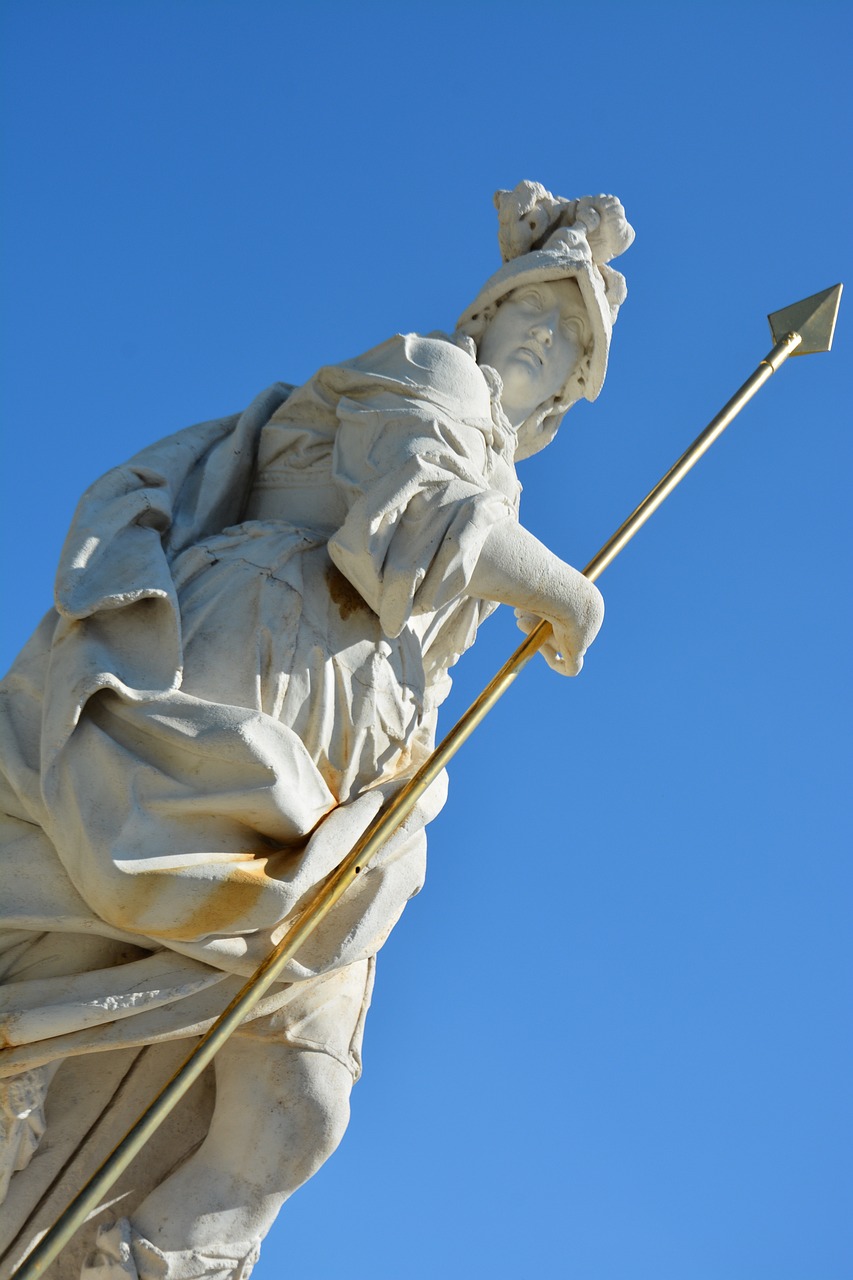Greek mythology encompasses a rich tapestry of narratives revolving around deities, heroic figures, and ancient rituals practiced by the Greeks during Classical antiquity. Despite some acknowledgment among more analytical thinkers like Plato regarding the fictional nature embedded in these myths, they were widely accepted as truth by the general populace of the time. The enduring influence of Greek mythology is evident in the arts and literature throughout Western history, showcasing the vast cultural heritage inherited from ancient Greece.
Mythical stories serve various functions—they clarify natural events, recount divine or heroic feats, and provide rationale for societal structures. However, none have resonated as profoundly in the Western imagination as Greek myths. Artists and poets, from antiquity to modernity, continually draw motivation from these myths, finding contemporary relevance in their themes and characters.
Literary and Archaeological Sources of Myths
Homeric Epics: The Iliad and the Odyssey
Homer, the iconic poet of antiquity, is credited with shaping the essential characterizations of the Olympian gods in his epic tales. His works, particularly the “Iliad” and the “Odyssey,” are foundational texts, and their impact is profound. The Greek historian Herodotus cited Homer and Hesiod as pivotal figures in establishing the recognizable traits of the gods. Contrary to modern interpretations, ancient Greek audiences saw these narratives not merely as entertainment but as serious accounts meriting significant contemplation.
The Works of Hesiod
Hesiod’s “Theogony” provides a comprehensive genealogical overview of the gods, interspersed with rich folktales and myths explaining the origins of various deities. Furthermore, “Works and Days” serves as a discourse on agriculture and justice, offering practical advice while simultaneously functioning as a broader philosophical treatise. Both pieces can be viewed as complementary, where one outlines divine hierarchies, and the other offers insights for navigating moral dilemmas in a perilous world.
Further Literary Contributions
The realm of post-Homeric epics also contributes to the narrative of Greek mythology, filling in gaps particularly related to the infamous Trojan War. The “Homeric Hymns,” which consist of shorter poetic works, continue this legacy by providing essential myths surrounding various deities. Additionally, the dramatic compositions of playwrights like Aeschylus, Sophocles, and Euripides reflect diverse mythological traditions, showcasing the multifaceted nature of these ancient stories.
Hellenistic and Roman Contributions
In the Hellenistic era, scholars such as Callimachus documented numerous lesser-known myths, while mythographer Euhemerus proposed a hypothesis suggesting that the gods were once human—an idea known as Euhemerism. Similarly, during the Roman Imperial period, historical writings from figures like Strabo and the pseudo-Apollodorus served to preserve and disseminate the mythological narratives of earlier Greek society.
Archaeological Evidence
The exploration of ancient civilizations has also contributed to the understanding of Greek myths. Pioneering archaeologists such as Heinrich Schliemann and Sir Arthur Evans uncovered remnants of Mycenaean and Minoan cultures, representing critical eras for the development of ritual and mythology. These discoveries have shed light on the cultural practices spanning centuries, from the Late Bronze Age through to the eventual Dark Age, during which the Linear B script was primarily used for bureaucratic records with limited enlightenment on ritual practices.
In later centuries, artifacts showcasing rich geometric designs depict scenes from various mythological narratives, including tales from the Trojan saga, although the lack of accompanying inscriptions complicates their analysis.
Conclusion
The lasting legacy of Greek mythology has profoundly shaped the cultural foundations of Western civilization. From the earliest epics to archaeological discoveries, these narratives offer a vital lens into the beliefs, values, and artistic expressions of ancient Greece, which continue to resonate in contemporary art and literature.



